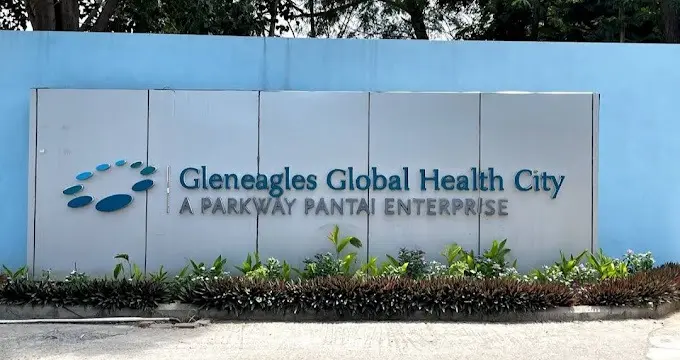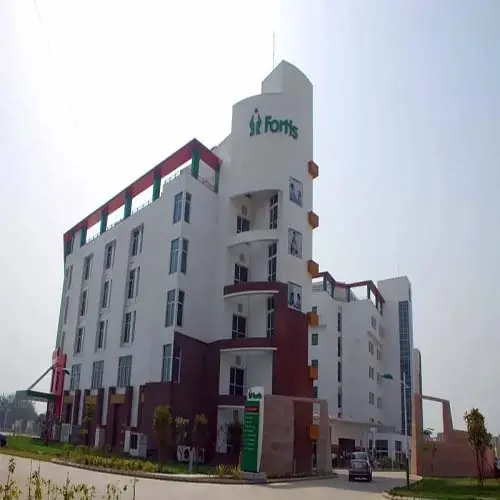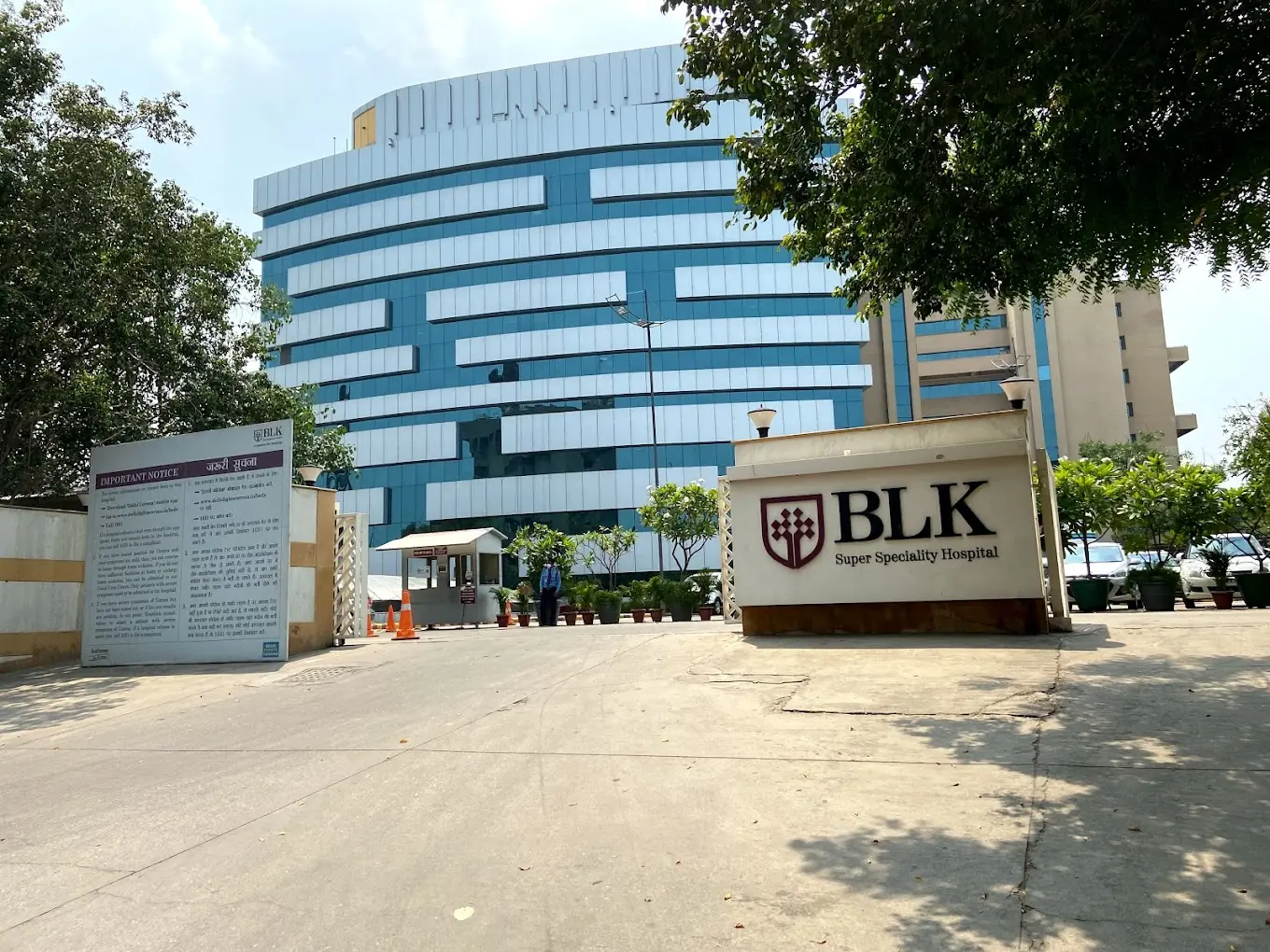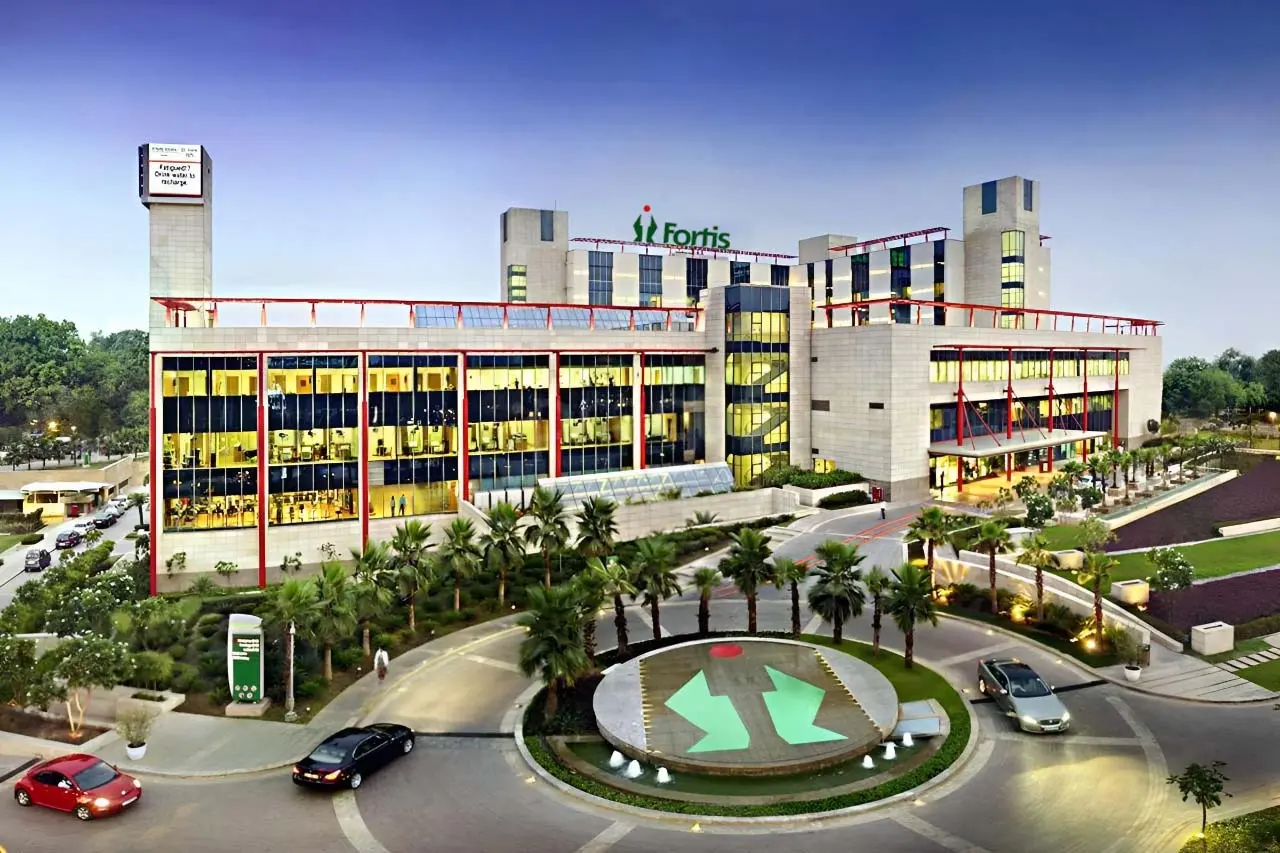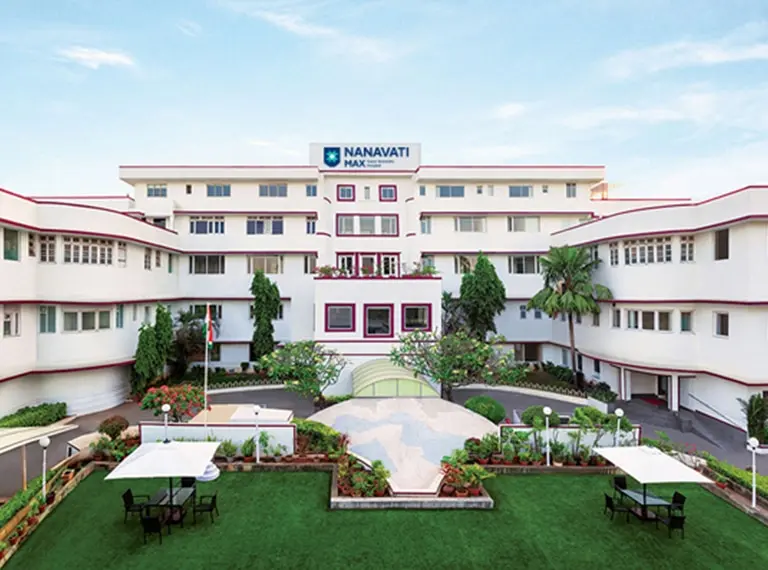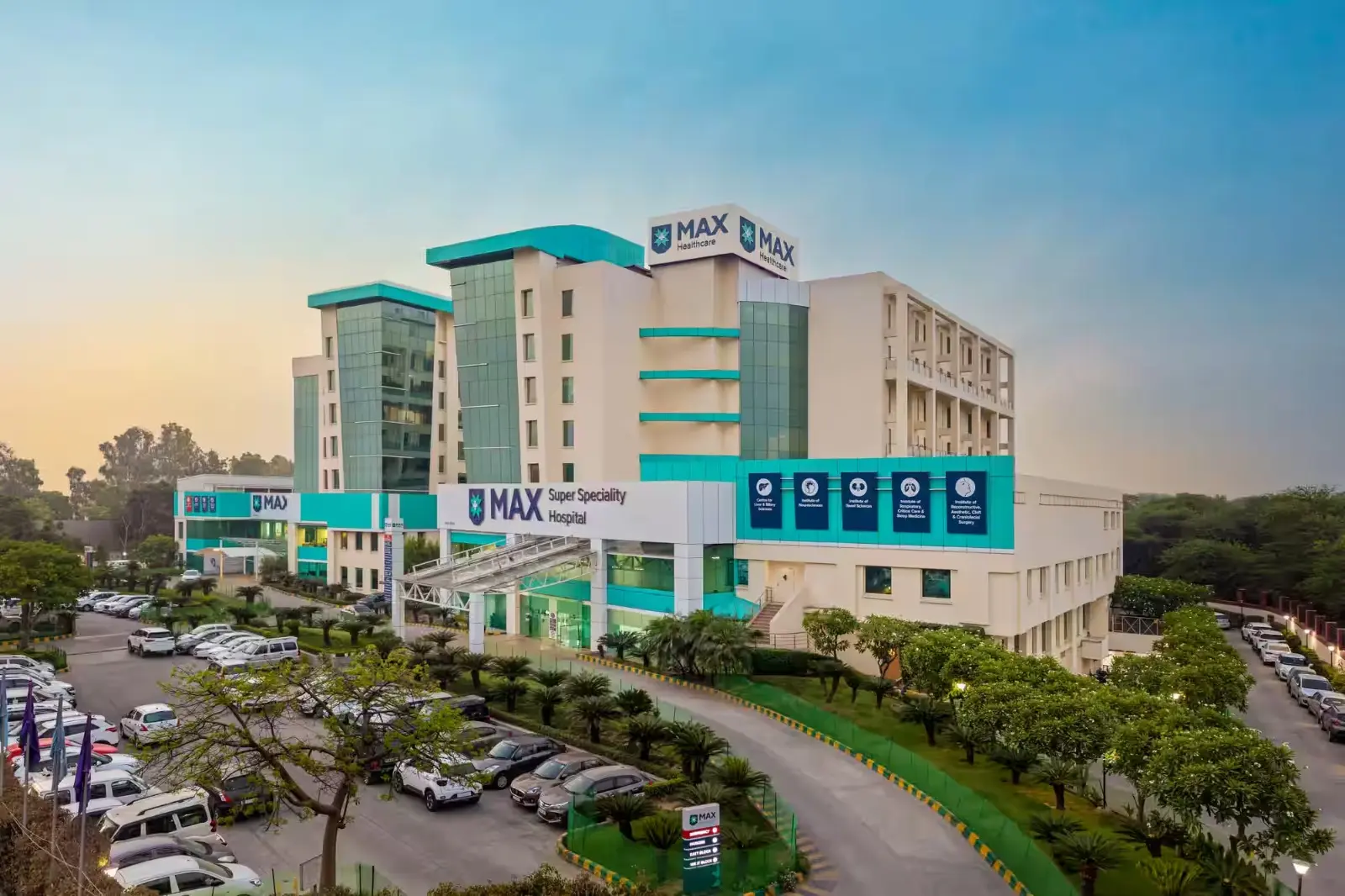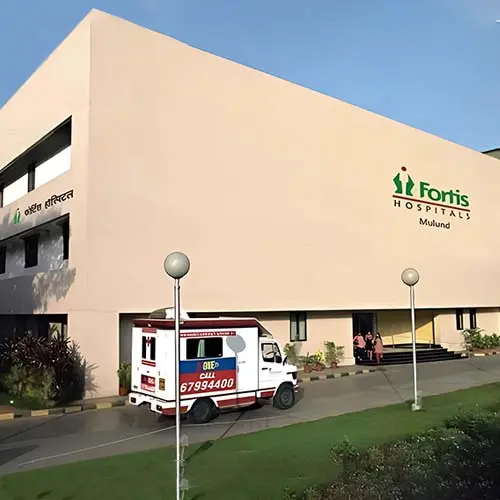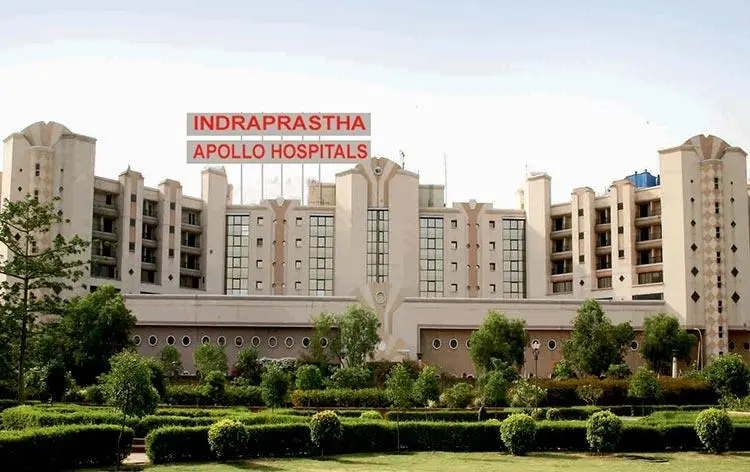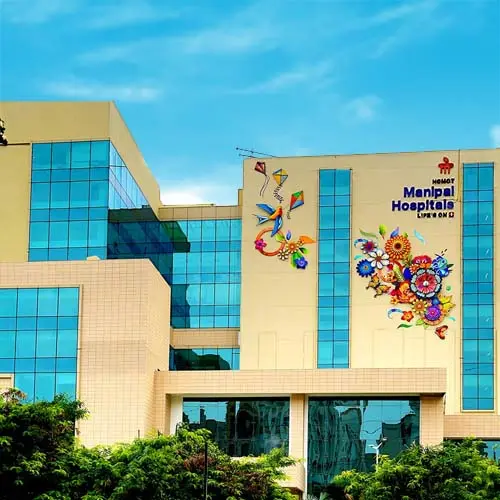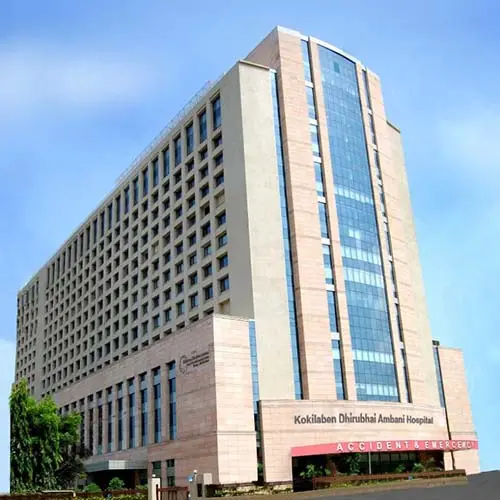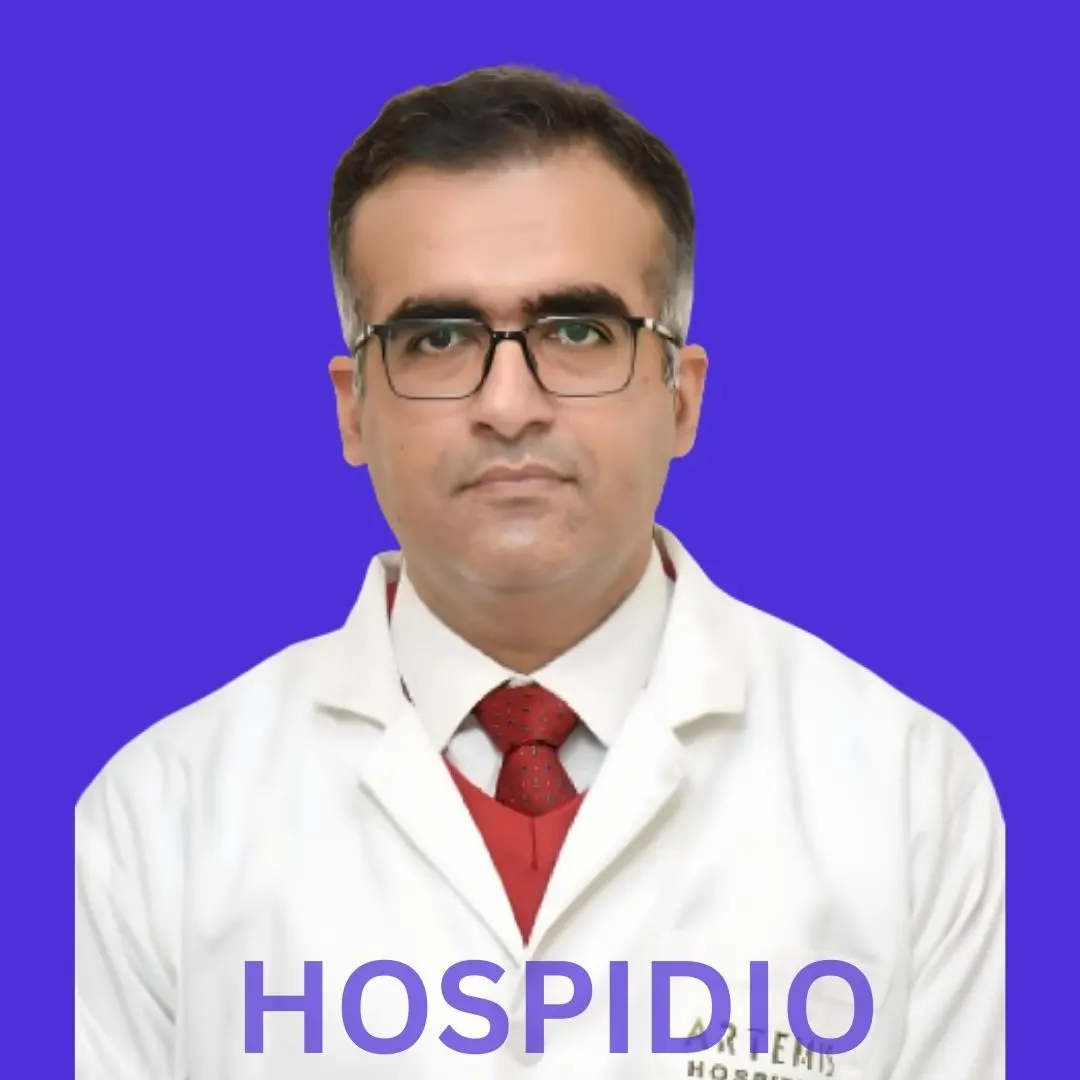Polycythemia Vera Treatment cost in India
Polycythemia Vera (PV) treatment cost in India ranges from $4,000 to $15,000, which is approximately equivalent to 3,30,000 to 12,50,000 Indian Rupees. The total expense depends on several factors such as the stage of the disease, treatment approach, hospital charges, doctor’s expertise, and the patient’s overall health condition.
Cost Range of Polycythemia Vera Treatment cost in India
What is Polycythemia Vera?
Polycythemia Vera (PCV) is a rare type of blood cancer in which the bone marrow makes too many red blood cells. This excess thickens the blood, slows down its flow, and increases the risk of blood clots, strokes, or heart attacks. Some patients may also have higher levels of white blood cells and platelets.
In simple terms, PCV is a disorder where the body’s “blood cell factory” produces too many red blood cells, making the blood thicker than normal. Common symptoms include headaches, dizziness, itching (especially after a warm bath), fatigue, and a feeling of fullness in the abdomen due to an enlarged spleen.
Get a free cost estimate
Types of Polycythemia (PCV)
Polycythemia is mainly divided into Primary Polycythemia and Secondary Polycythemia.
Primary Polycythemia, also known as Polycythemia Vera (PV), is a rare blood cancer in which the bone marrow itself produces too many red blood cells without any external trigger. This is usually caused by a change (mutation) in the JAK2 gene that controls blood cell production. It is a long-term condition that requires medical treatment and regular monitoring.
Secondary Polycythemia, on the other hand, happens when something outside the bone marrow causes the body to produce extra red blood cells. This may occur due to long-term low oxygen levels (seen in people living at high altitudes, chronic smokers, or patients with lung or heart disease) or because of certain tumors that release erythropoietin (a hormone that stimulates red blood cell production).
Relative Polycythemia is a less common form, where the number of red blood cells is normal, but due to reduced plasma (the liquid part of blood), it appears as if the red cells are higher. This is often linked to dehydration or stress.
Who is an Eligible Candidate for Polycythemia Vera Treatment in India?
Patients who are diagnosed with Polycythemia Vera (PCV) through blood tests, genetic testing (JAK2 mutation), and bone marrow evaluation are considered eligible for treatment in India. Candidates usually include those who have persistently high red blood cell counts, low erythropoietin (EPO) levels, or an enlarged spleen. Treatment is recommended for individuals showing symptoms such as frequent headaches, dizziness, itching (especially after a bath), vision problems, or unexplained blood clots.
Both younger patients and older individuals can undergo treatment, although the exact approach depends on their age, overall health, risk of clotting, and tolerance to therapy. Patients with a history of cardiovascular disease, uncontrolled blood pressure, or other medical conditions may require a more carefully customized plan.
India’s top hematology and oncology hospitals carefully evaluate each patient’s medical history, test results, and overall health before suggesting the most suitable treatment option, which may include phlebotomy, medications like hydroxyurea, targeted therapy, or interferon injections.
Best Polycythemia Vera Treatment Hospitals in India
Types of Polycythemia Vera Treatment Cost in India
Here is an overview of the common types of Polycythemia vera surgeries along with their approximate cost range in USD:
Types of Polycythemia Vera Treatment | Description | Cost Range in USD |
Phlebotomy | First-line, low-cost treatment where blood is drawn regularly to reduce excess red blood cells and decrease clotting risk. | $500 – $1,000 annually |
Medication Therapy (Hydroxyurea, Interferon) | Used to control blood counts and reduce complications; interferon is often preferred in younger patients and women of childbearing age. | $2,000 – $5,000 annually |
Targeted Therapy (Ruxolitinib / Jakafi) | A JAK2 inhibitor prescribed for patients who do not respond to or cannot tolerate hydroxyurea; helps control spleen size and PV symptoms. | $8,000 – $12,000 annually |
Low-Dose Aspirin Therapy | Prescribed to reduce the risk of blood clots; usually combined with other therapies. | $200 – $500 annually |
Allogeneic Bone Marrow Transplant | Rarely required but considered in advanced or treatment-resistant cases; offers potential curative option. | $32,000 – $38,000 |
Get a free cost estimate
Polycythemia Vera Cost in India Inclusions
First consultation
Treatment as advised (medical management)
Routine drugs and consumables required during hospitalization (in case of bone marrow transplant)
Hospital stay and meals as per the package in case of bone marrow transplant
PCV Treatment Cost in India Exclusions
Pre-treatment examination and tests
Hotel stay, meals and flights
Extended hospital stay
Post-treatment follow-ups
Treatment for any other underlying medical conditions
Anything not covered in the package
Any complex investigations or drugs
Other Factors Affecting Polycythemia Vera Treatment Cost in India
Type of treatment advised
Type of PV
Choice of location, doctor and hospital
Pre-existing medical history
Type and duration of treatment advised
Types of Tests Done For Polycythemia Vera Diagnosis in India
Types of Tests | Description | Cost Range in USD |
Complete Blood Count (CBC) | Measures red blood cells, white blood cells, hemoglobin, and hematocrit levels to confirm elevated counts. | 50 – 80 |
Erythropoietin (EPO) Level Test | Checks hormone levels that regulate red blood cell production; usually low in PV. | 100 – 150 |
JAK2 Mutation Test | Detects genetic mutation (JAK2 V617F or exon 12) commonly linked with PCV. | 200 – 350 |
Bone Marrow Biopsy/Aspiration | Examines bone marrow to assess abnormal cell growth and confirm diagnosis. | 250 – 400 |
Oxygen Saturation Test (Pulse Oximetry/ABG) | Identifies low oxygen levels in the blood, helping to rule out secondary polycythemia. | 40 – 60 |
Ultrasound/Imaging Tests | Checks spleen enlargement or other organ involvement related to PCV. | 150 – 250 |
Why is India Preferred as One of the Best Countries for Polycythemia Vera Treatment?
India has become a preferred destination for Polycythemia Vera (PCV) treatment because of its advanced healthcare facilities, skilled hematologists, and highly affordable costs compared to Western countries. Patients from across the globe choose India as it offers world-class treatment for blood disorders, including PCV, at a fraction of the price charged in the U.S. or Europe.
The cost of PCV treatment in India ranges from $3,000 to $10,000, depending on the treatment method and hospital, whereas in countries like the U.S., it can exceed $50,000–$100,000. This makes India a cost-effective yet reliable option for international patients seeking long-term management of the disease.
India is home to leading hospitals such as, Apollo Hospitals, Fortis, Max Healthcare, and Manipal Hospital, which are equipped with advanced diagnostic tools like genetic testing (JAK2 mutation), bone marrow biopsy, and PET-CT scans. These hospitals also provide modern treatments such as phlebotomy, hydroxyurea therapy, interferon injections, targeted therapy (e.g., ruxolitinib), and supportive care.
Another major advantage is the expertise of Indian hematologists, many of whom are trained in top international institutions. Combined with minimal waiting times, personalized care plans, and comprehensive post-treatment support, patients can access timely and effective treatment.
India’s medical tourism infrastructure ensures smooth care for international patients by offering visa support, interpreter services, accommodation, and follow-up care. This unique blend of affordability, advanced medical care, and supportive services makes India one of the most trusted destinations for PCV treatment globally.
Best Hematologists For Polycythemia Vera Treatment in India
FAQs
Polycythemia Vera is a type of blood cancer where the body makes too many red blood cells. This makes the blood thick and increases the risk of blood clots, strokes, or heart problems.
Currently, PV cannot be completely cured in most cases, but it can be well-managed with treatment. With the right care, many patients live for years with a good quality of life.
Treatment depends on the patient’s condition. Common options include:
- Phlebotomy (removing blood to reduce thickness)
- Medications such as Hydroxyurea, Interferon-alpha, or Ruxolitinib
- Low-dose aspirin to prevent blood clots
- Lifestyle changes such as avoiding smoking and staying hydrated
Doctors check your age, overall health, symptoms, and risk of blood clots. Based on this, they will suggest the safest and most effective treatment plan.
- Stay hydrated
- Avoid smoking and alcohol
- Exercise regularly (light to moderate)
- Maintain a healthy diet
- Take medicines on time
- Go for regular blood tests

